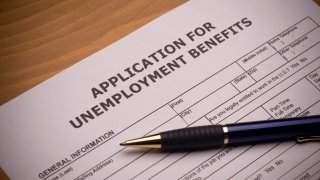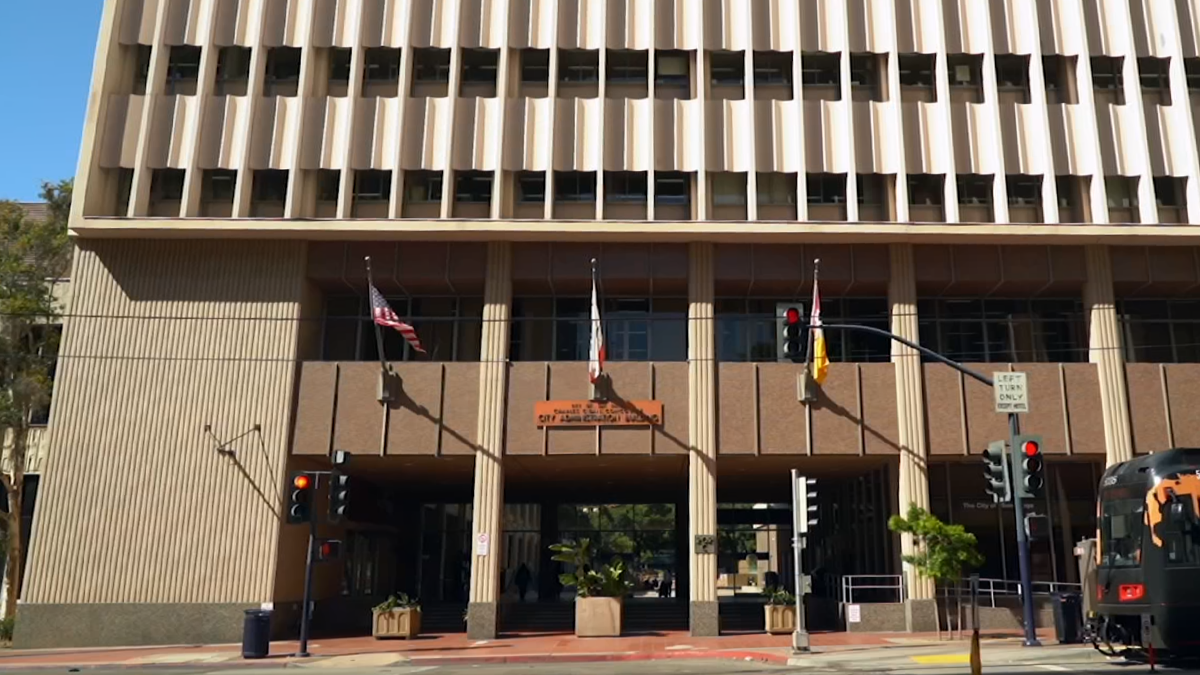
Democratic Assemblyman Eduardo Garcia introduced the California legislature Bill 2847 which would create a pilot program to offer money weekly for 20 weeks to unemployed people who are not eligible to receive unemployment benefits because they are undocumented.
The program would offer $300 a week for 20 weeks to the more than 5 million people without authorization to work, according to the University of Southern California, who reside in the state.
"I think it's a very good idea because we know that many undocumented people will be left out of receiving benefits from the state and the federal government and the pandemic affected everyone equally," says Pedro Ríos, of the Friends Committee.
The proposal asks the California Labor and Development Agency for $690 million in assistance.
Get top local stories in San Diego delivered to you every morning. >Sign up for NBC San Diego's News Headlines newsletter.
According to Haim Vasquez, an immigration attorney, "certain people do not have permanent legal status, but based on permits or visas they have the opportunity to work."
In addition, it asks the agency to recommend plans to establish permanent unemployment insurance for undocumented immigrants in the state by August 2024.
"There are going to be people who say they don't deserve to receive any kind of benefit because they don't have documentation, but it's important that undocumented people should recognize themselves with dignity and respect for being vulnerable because they lost their jobs," Rios says.
Local
Sign up for our Breaking news newsletter to get the most urgent news stories in your inbox.
According to the nonprofit Institute of Economic and Tax Polyxes, undocumented people in California contribute approximately $3 billion annually in local and state taxes.
"States can introduce laws that can protect people from certain state benefits based on employment or unemployment, but this can also cause immigration consequences in the future," Vasquez warns.
Because all that glitters is not gold. And immigration law is complicated and elusive, especially with the enforcement of the public charge rule.
"Certain state, Indian, federal or state government benefits can cause the public charge for a person when they are applying for immigration benefits. Usually, the public charge is money given to a person in which that money is not based on an emergency," explains Vásquez.
The bill would benefit those who are unemployed from the first of January 2023 until December 31 of that same year. California currently owes $20 billion to the federal government, which was loaned for state unemployment subsidy.
"There is still a proposal in the California legislature that we will follow up on, as well as how it will evolve with respect to its possible repercussions on the public charge rule," Vasquez said.
This story was originally reported by NBC 7's sister station, Telemundo 20. To read the article, click here.



